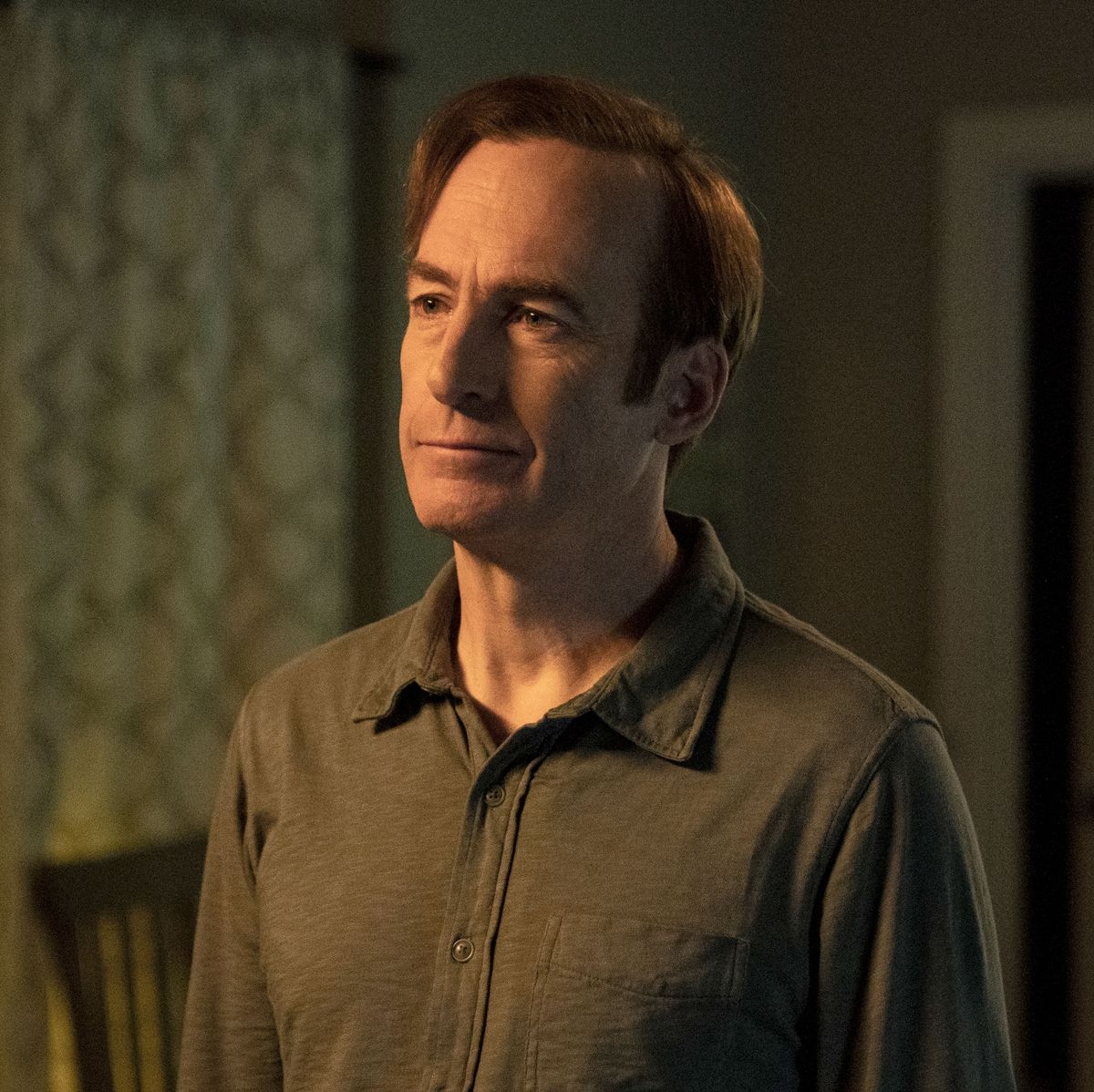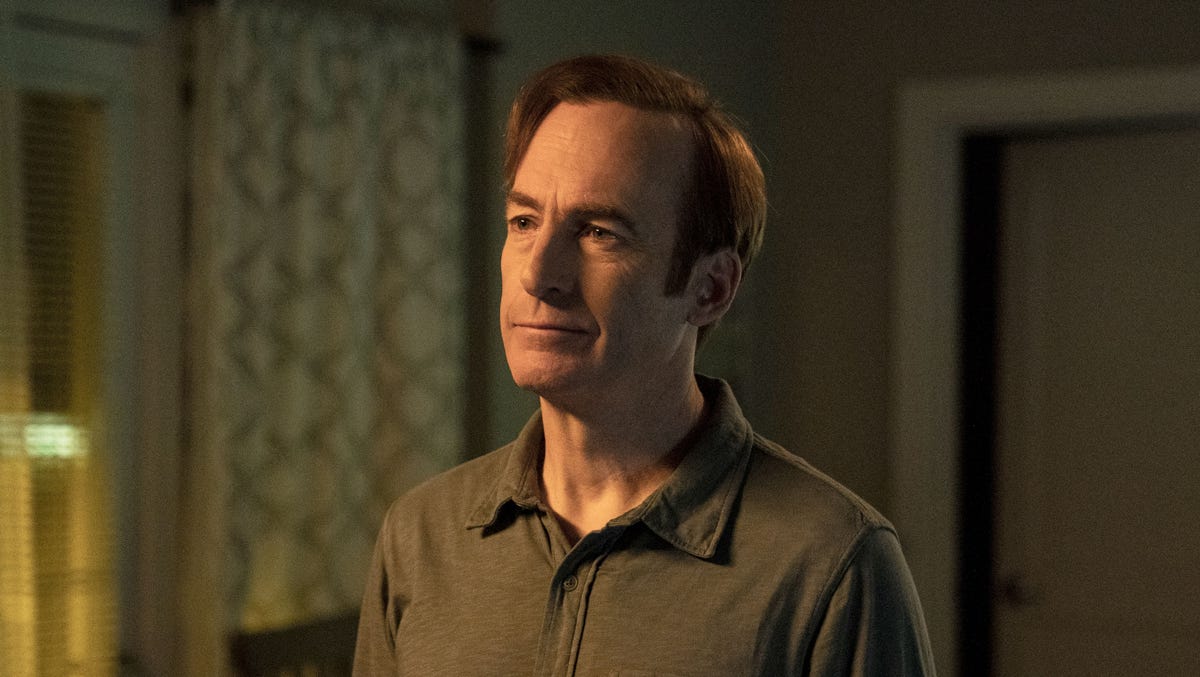Last night’s Emmys ceremony felt one of those awards shows at which one era of Big Telly was ceremonially stood down, and the next was ushered in. Succession won big for its pitch-perfect final season; The Bear got valedictory nods to anoint it as Succession’s official heir to the title of best show on TV. Elsewhere Ted Lasso went home empty-handed despite having been nominated 21 times.
Both those farewells feel apt. Succession’s gilded progress and status as the most prestige-y prestige drama of the decade was well deserved. Having lured in casuals with its warm-hearted first two seasons, the aura of good vibes around Ted Lasso – and Hannah Waddingham – peaked just as the voting for nominations was open.
By the time it came to actually voting, though, it seems everyone had realised that that third season was one of the weirdest TV bottle jobs I can remember. All that goodwill, all that momentum, all that work to Atlanticise football – and you then sideline the main character, launch big ideas into the mixer like so many Rory Delap throw-ins and forget about them, and do it all in inordinately long, baggy episodes. Think of Gary Lineker tapping his head as Gazza’s lip wobbles in the background. This is the telly equivalent. Ted’s head’s gone.
The third big finale is, on its face, far more baffling. Over its six seasons Better Call Saul was nominated for 53 Emmys. It won zero. That’s a record number of swings and misses. It’s not close either. The next highest number of strikeouts is Bob Newhart’s Eighties sitcom Newhart, which was nominated 25 times and won nothing.
And on one level, it doesn’t really matter. Awards shows are silly. Part of the point of them is that they get things wrong. As a very angry man once said: You think this is something? You think this is bad? This? This chicanery? The Wire got one nomination over five seasons, which it lost. It’s Always Sunny in Philadelphia has yet to be nominated over the course of its 16 seasons either.
On another level, it’s baffling. Better Call Saul is – hang onto yourselves everyone, flamin’ hot take coming through – extremely good. More than that, it was extremely good almost against the odds. The idea of a spin-off from Breaking Bad, then newly enthroned as the highest peak of the Peak TV era, felt like a hiding to nothing. How could anything touch Breaking Bad? Why sully that achievement?
And yet it did that, and maybe surpassed it too. Bob Odenkirk and Rhea Seehorn have certainly never done better work. The patient, painterly visual style and confidence that you’re smart enough to keep up with the many story threads it holds in its fist made it feel very grown up, and yet it was relentlessly, darkly funny too.
But perhaps this is, like Succession and Ted Lasso, exactly the correct ending for Better Call Saul. Yes, it deserves as many awards as can be thrown at it. But there’s one part of being a fan of Better Call Saul which that would have fundamentally undermined, and that’s feeling like you have to go out and advocate for the quality of Better Call Saul at any and every opportunity. It is, by a distance, the show I’ve been button-holed most often about. Better Call Saul fans are a proselytising bunch. I’d go to the pub with mates and we’d get onto telly, and the air in the room would change. You’ve got to watch Better Call Saul, they’d say. You literally have to watch it. Better Call Saul is so good that if you don’t watch it, it’s actually illegal. They’d get very, very close to me.
Eventually the world caught up but I don’t think that feel of having to advocate for a show righteously – and which absolutely deserved to be advocated for – has ever left a lot of fans. It was a critical darling but never a juggernaut like Succession. It was well regarded but simmered away rather than popping off like Ted Lasso. It was brilliant, and it was popular, and yet it also felt like a cult show.
This was a show all about a greasy chancer trying to make good – or appearing to – only to backslide into exactly the kind of shady dealings he’d been running from. For Better Call Saul to go through all those ups and downs and end up empty-handed is a very Better Call Saul kind of result. It’s still the same show it ever was, even without the accolades. In fact, that sense of grievance will make sure it always has a lot of people ready to leap to its defence. S’all good, man.













